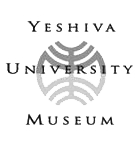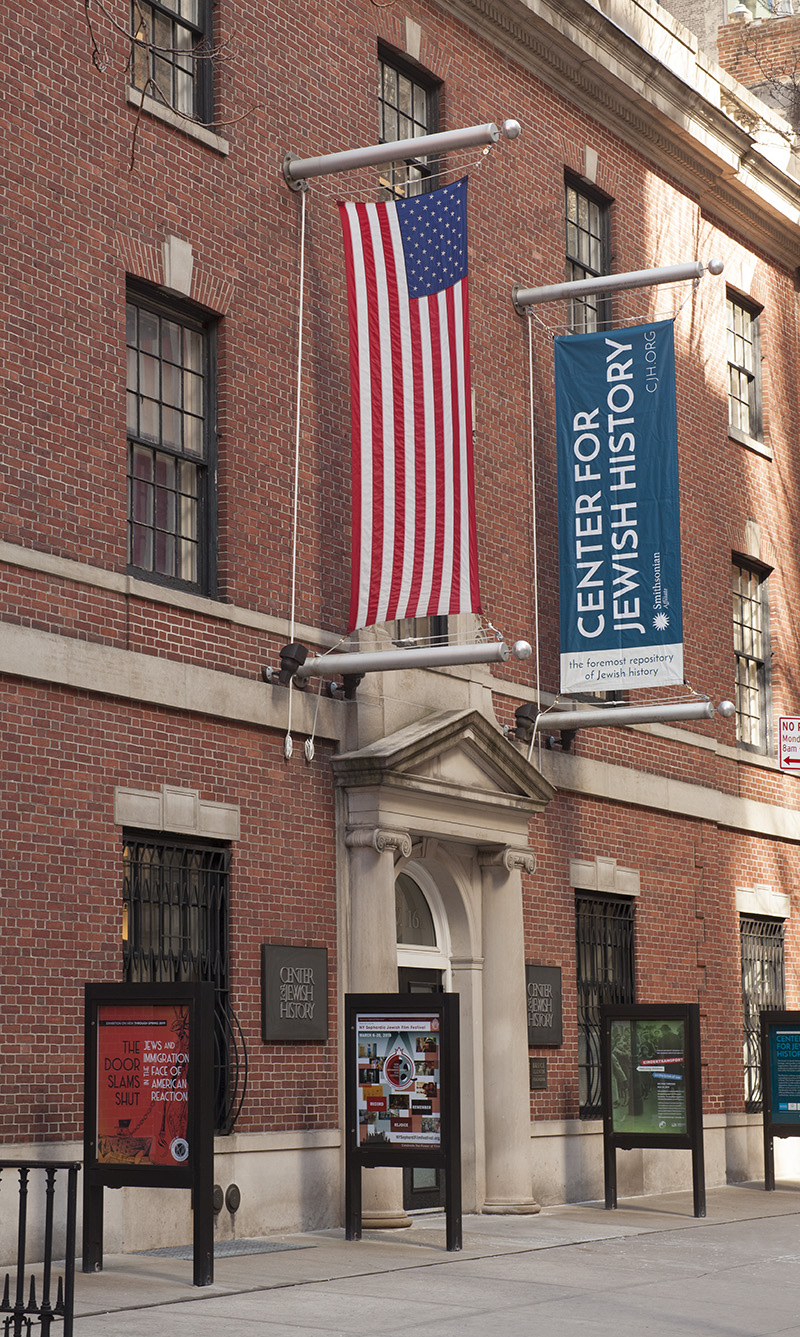lecture
Oxford's Aleppo Connection: Edward Pococke (1604-1691) from Humanism to Enlightenment via Hebrew and Arabic Learning
Speaker: Lenn Goodman (Vanderbilt University).
Aleppo has figured much in the news of late, but the city is ancient. Long home to one of the finest manuscripts of the Hebrew Bible, in early modern times it became an important center of trade – and learning. Edward Pococke (1604-1691), traveled there as chaplain to a British trade mission, aiming to perfect his Arabic. There he collected Arabic and Hebrew manuscripts, laying foundations for Oxford’s Bodleian collection in these areas. The holdings at Corpus Christi, Pococke’s old college, now on display here in New York, attest to the tradition of seeking firsthand knowledge of such texts at Oxford going back to the 13th century.
It was such work, often aided by Jewish and Muslim texts and learned informants of non-Christian backgrounds, that made possible the King James Bible (1611), spearheaded by John Rainolds, the President of Corpus. On returning from Syria Pococke became the first tenant of the chair in Arabic founded by Archbishop Laud. Besides translating Arabic books of history and poetry and commenting on books of the Hebrew prophets, Pococke introduced in England the work of the great Jewish philosopher, physician and jurist Moses Maimonides, overseeing the forging of special fonts to make possible his Porta Mosis, the Gateway to Moses (Maimonides). And he translated into Latin Ibn Tufayl’s 12th century Arabic philosophical novel Hayy Ibn Yaqzan, the story of a man growing up without parents or language – a thought experiment designed to show what a human mind could achieve without the benefit (or interference) of tradition. Translated into many languages, the book influenced Defoe’s Robinson Crusoe and helped inspire the transition from Renaissance humanism, with its devotion to Greek, Latin, and Hebrew texts, to the Enlightenment ideal of independent thinking.
Lenn Goodman of Vanderbilt University is a widely known philosopher and a scholar of Jewish and Islamic philosophical classics. Like Pococke, he has translated both Maimonides and Ibn Tufayl.
This program is presented in conjunction with the exhibition 500 Years of Treasures from Oxford. For more information on the exhibition, please visit cjh.org/oxford.
Presented by:



lecture
